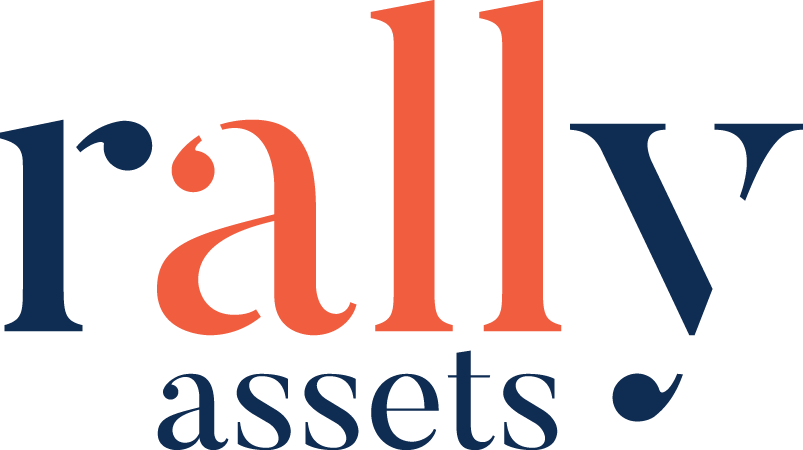SERVICES
IMPACT METHODOLOGY

RALLY INCLUSIVE IMPACT METHODOLOGY
At the heart of impact investing is intentionality. But good intentions are not enough. Without a methodology to measure and manage impact, we would not be able to call ourselves impact investors. Rally Inclusive Impact Methodology (RIIM) is our proprietary methodology that is designed for assessing, measuring and managing the impact generated through our investment strategy.
Rally
- Our own methodology, built from our deep understanding of impact investing and impact investments, while incorporating global and commonly used frameworks that help conceptualize impact, assess it and then, measure, manage and report on it
- Consistent yet evolving. A solid approach developed over years that incorporates the sector’s evolving practices and perspectives
Inclusive
- Deep and wide multi-faceted examination of the impact of an investment product
- A multi-asset class methodology, applicable for public and private investments
Impact Methodology
- Integral to all aspects of our investment process from due diligence to investment decision-making, active management, reporting and exit
- Evidence-based, fundamental view of impact
- Informed by systems thinking and aiming for systemic impact
- Progress and performance towards measurable impact
RIIM Assessment Overview
RIIM has assessment and measurement processes that together enable impact management.
The RIIM assessment of impact covers a great number of data points and analysis to enable understanding of a product’s impact intention, as well as the depth, quality and context of its impact:
- Assessment of the system the product could or is impacting, including the scale of the impact challenge being tackled, importance of the outcomes to stakeholders, the degree of stakeholder vulnerability, the systems-change potential and the role the product is playing in a system
- Creation of an evidence-based impact thesis (which comes out of systemic understanding outlined above as well as analysis of the product’s contribution to impact and how significantly it is focused on contributing to positive impact)
- An extensive examination of a product issuer’s operational practices
- Examination of whether and to what extent the company or product issuer is contributing to impact through additional activity in support of impact performance, such as product issuers providing impact management and measurement (IMM) support or mentorship programs to underlying holdings
- Assessment to determine the often-overlooked potential negative impacts
- Assessment of how we as investors are contributing towards a product’s impact
RIIM Measurement Overview
The RIIM measurement of impact is the measurement of progress towards a product’s impact goals (and by extension, a portfolio’s impact goals). RIIM enables us not only to measure impacts against targeted outcomes but also to aggregate and disclose these impacts coherently, including at a portfolio level, through the creation and tracking of key performance indicators (KPIs).
Assessment requires evidence, deep analysis, judgment and close monitoring. It is a critical, necessary part of our methodology. While assessment may not be the measurement towards a specific impact goal, it enables measurement. For example, we use KPIs to measure impact performance, but without an earlier assessment, we wouldn’t be able to determine a meaningful KPI in the first place to make a conclusion on the rate and nature of the progress being made.
Reassessment and remeasurement occur regularly. We regularly update impact assessments. In addition to formal annual impact performance updates, quarterly impact monitoring is conducted based on product issuer reports, discussions, investor calls, proxy voting, our proactive outreach and more.
RIIM was first developed several years ago, as we began building our first impact fund, through deep research, methodological construction, iteration and testing. It has been expanded and refined since then to incorporate changes to external impact measurement practices as well as our deeper knowledge.
RIIM is an iterative process of building and refining, where learning builds on assessment and new learning and measurement brings reassessment.
Assessment is forward-looking. It builds an understanding of impact intentions. Measurement is backward-looking and builds accountability by focusing on results. Both processes build upon each other.
Read more: RIIM methodology overview
To download our RIIM methodology overview, please provide your name and email address.

